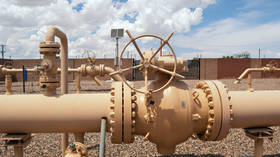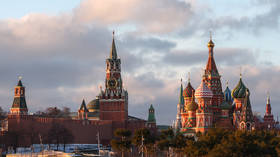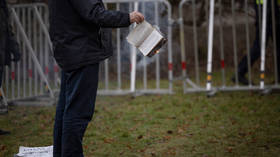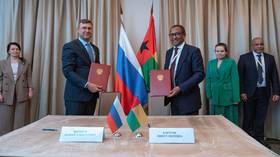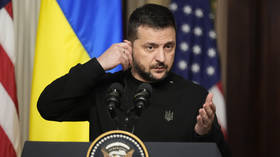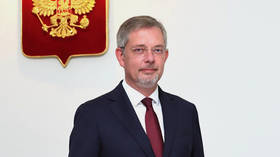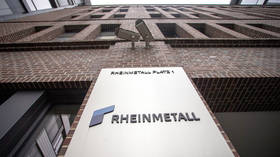Austria opens ruble gas account

Austria’s oil and gas conglomerate OMV said on Friday that it had opened an account with Gazprombank to pay for Russian gas imports, insisting that the scheme does not violate the current EU embargo against Moscow. Austria imports some 80% of its gas from Russia.
“We have implemented a payment process that does not violate sanctions and ensures timely payments for gas supplies,” an OMV spokesman told Reuters on Friday evening. “We consider our payment obligations fulfilled with the transfer of the amount in euros.”
Facing a ban on trading in euros and dollars, Moscow introduced a new mechanism for gas payments from “unfriendly” countries at the end of March. Countries that imposed sanctions against Russia have to set up accounts with Gazprombank, where the payments in the currency of their choice will be converted to rubles for the final payment. As of May 12, a total of 20 European companies have opened such accounts.
Some, such as Finland, have refused – and will be cut off by Saturday as a result, Moscow has confirmed.
Poland, the Netherlands, Denmark, Bulgaria, the UK, Slovenia, and the Baltic states are among the countries that have publicly refused the new payment mechanism. Russia will not supply free natural gas to countries that refuse to honor the new payment mechanism, Kremlin spokesperson Dmitry Peskov said on Friday.
“Obviously, no one will supply anything to anyone for free,” Peskov told reporters.
While the US has urged EU countries to switch from Russian imports to the far more scarce – and expensive – American liquefied natural gas (LNG), for many countries this is simply not an option.
“Austria is 80% dependent on Russian gas. As painful as it is, a gas embargo is currently not possible for us, just as it is for some other countries. The essence of sanctions is to let us last longer than [Russian President] Vladimir Putin, and we cannot do that without gas,” energy minister Leonore Gewessler said in an interview last month.
Anti-Russian embargoes have already caused a sharp spike in the cost of living across the EU, with Austria recording the highest inflation in 40 years as of April 2022.
